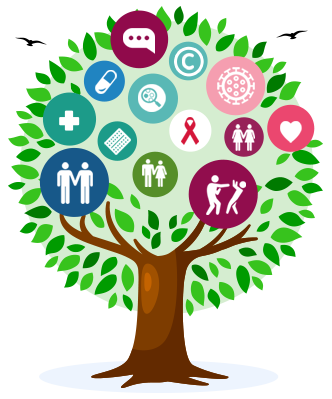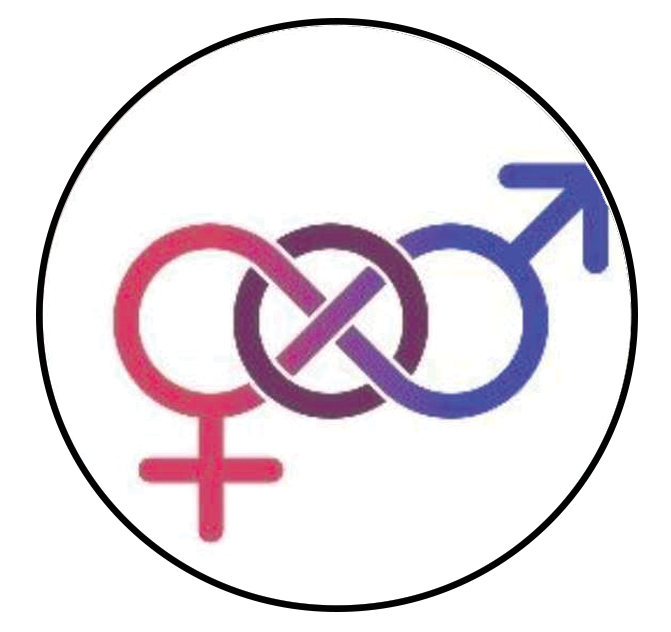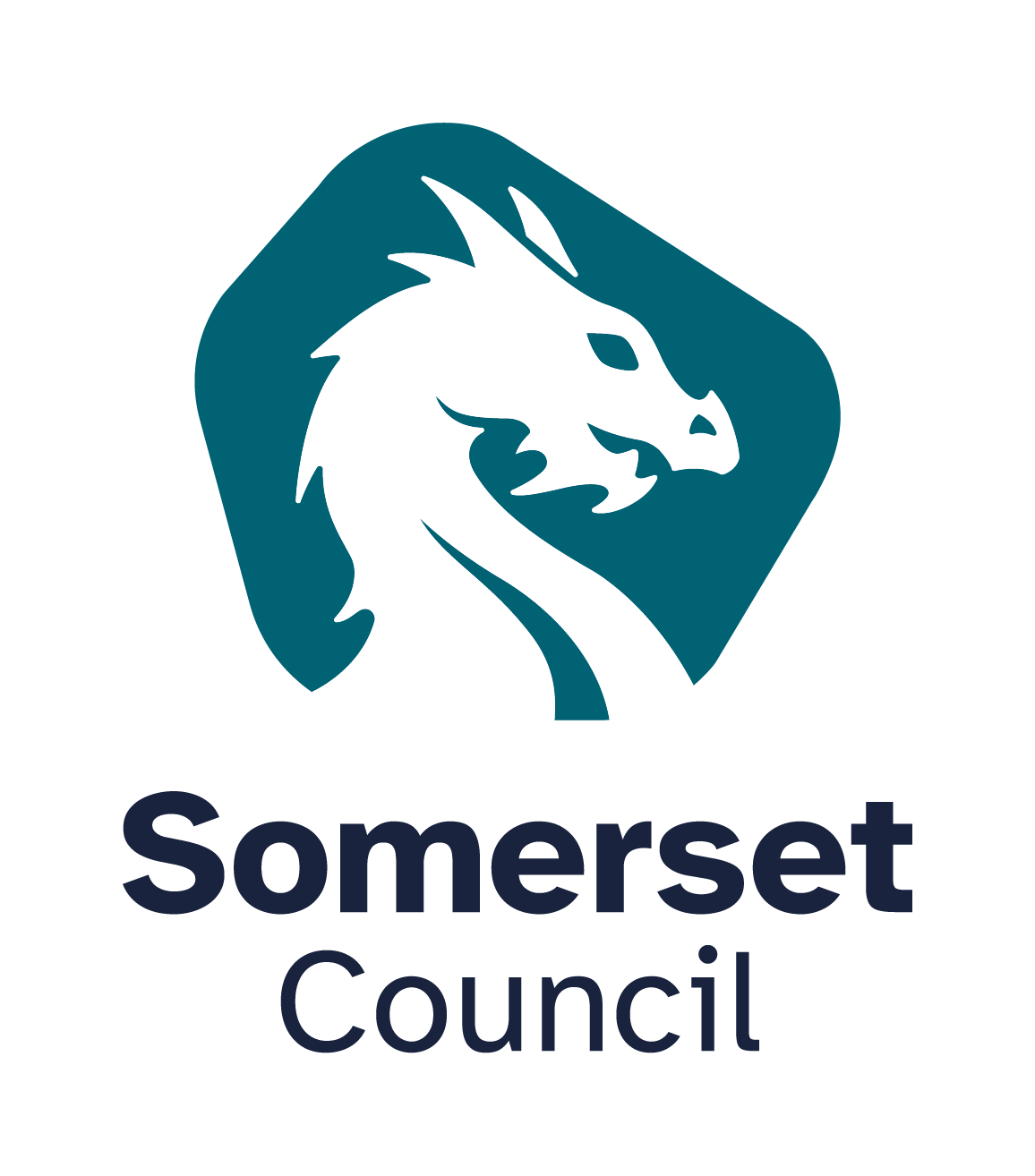
Latest News:
Services for Young People
Confidential information and advice on sexual health
Nearest service to meC-Card Issue Points
Where you can register or collect free condoms, including using our new Click and Collect
Find the nearest to meGender Identity
Gender
Some people feel that the gender they were given at birth is not the same as how they feel inside. So, for example, a girl might feel that really she is a boy or vice versa. For some, these feelings begin during early childhood, and for others it can start later - often during puberty. The proper term for this feeling is gender dysphoria, and it can cause a lot of confusion and difficult emotions.
Gender dysphoria is not a mental illness – it is a recognised medical condition, although its causes are not yet fully understood. But to be diagnosed with the condition a person must feel strongly that they are not the gender they were assigned at birth.
Transitioning - living as my preferred gender
Sometimes people who are transgender (or Trans for short) decide to live their life as their preferred gender. This is known as transitioning, and could involve changing the clothes they wear, having a different haircut or wearing makeup.
Some Trans people make changes in order to look and feel as much like their preferred gender as possible. This can involve medical treatment such as hormone therapy. Hormone therapy can be used to delay the physical changes that occur during puberty until a person decides for sure which gender they identify with. Hormone therapy can also be used to begin changing the body towards a person's preferred gender. In adulthood the person may opt for surgery to take this process further. However, there are no rules as to what a person should do, or how they should feel about gender. Not everyone who is Trans seeks to become the gender they identify with - it's okay for us to live as we like and be who we want to be!
Some people feel their gender is fluid - that it changes between male and female, and others don't identify with either gender.
So it really is just about getting to grips with who we are and learning to make the most of life.
What if I want to transition?
Realising that you want to transition can be scary, confusing and daunting. You might be worried about who to talk to, how people will react and what to do next. There are organisations who can support. It can really help to talk to someone in confidence about concerns and to have questions answered.
Going to see your GP to talk through treatment options, whatever your age, is also a good place to start. Remember, conversations with health care workers, doctors and counsellors are confidential (this means they won't tell anyone what people say in their appointments - or that they have been for an appointment).
Support
MindLine Trans+ is a confidential emotional, mental health support helpline and signposting service for people who identify as Trans, A Gender, Gender Fluid, Non-binary.
The MindLine Trans+ provides a safe place to talk about your feelings confidentially. They don’t record calls nor ask for any personal details. Their listeners will try to understand the multitude of feelings and concerns that may be going on for you. They are there to listen and offer our support.
They have Trans volunteers responding to your calls as often as possible and are open 2 evenings a week Mondays and Fridays from 8pm to midnight.
Tel 0300 330 5468. They have a website you may wish you visit mindtws.org.uk/trans-plus
2BU Somerset is a youth support group for LGBTQ+ young people in Somerset. You can find out more on their website 2bu-somerset.co.uk
Childline have a free helpline and their on-line forum is always open with friendly people ready to listen and answer questions, click here to go to their page.
Visiting SWISH Services
SWISH Services are committed to ensuring that everyone who visits our service will feel welcome and treated with care and respect. We know that if you are transgender, accessing health services can sometimes be difficult or daunting. You may have had negative experiences in the past or heard that some NHS services are not trans-inclusive.
We work hard not to make assumptions about gender, or to bring gender into the conversation if it is not relevant to your treatment. When you visit us we may need to ask questions about your gender assigned at birth, and, for example, about whether you have had gender reassignment surgery or hormone treatment, the reason being that we want to ensure you get the most appropriate treatment. We promise to do this in a sensitive and discreet manner and will work to explain clearly why we need to know things.


















